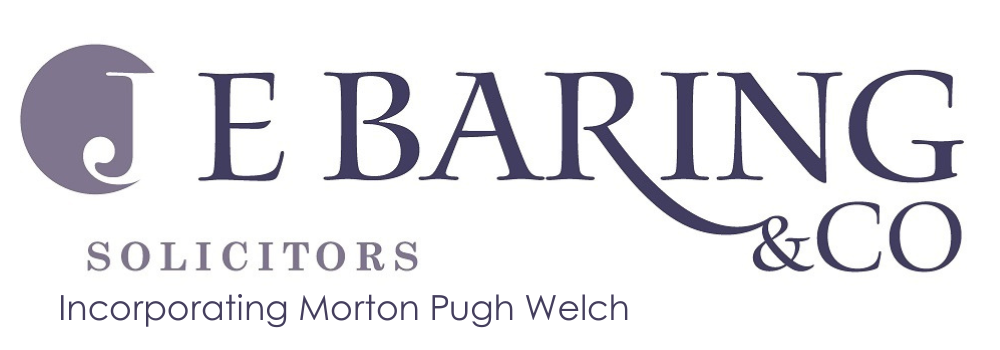Renewing a commercial lease is a pivotal moment for both landlords and tenants. The process requires a keen understanding of the legal landscape, strategic negotiation skills, and an appreciation for the client’s commercial objectives. Here’s a detailed overview of the renewal process, the key considerations, and the potential pitfalls to avoid.
Understanding the Legal Framework
The renewal of commercial leases in the UK is largely governed by the Landlord and Tenant Act 1954 (LTA 1954). This legislation provides tenants with statutory protection, granting them the right to request a new lease upon the expiry of their current one, provided certain conditions are met. However, landlords can oppose renewal on specific grounds, such as redevelopment plans or breaches of the existing lease.
Steps in the Renewal Process
- Review the Lease TermsBefore initiating a renewal, both parties should review the current lease. Key aspects to consider include:
- The lease’s expiry date.
- Break clauses and their implications.
- Rent review provisions.
Understanding these terms helps frame the negotiations and manage expectations.
- Serve the Appropriate NoticesUnder the LTA 1954, either party can serve notice to initiate the renewal process:
- Section 25 Notice (Landlord): Used to propose renewal terms or oppose renewal.
- Section 26 Notice (Tenant): Used to formally request a renewal.
Solicitors play a crucial role in drafting and serving these notices to ensure compliance with statutory requirements.
- NegotiationsOnce the renewal process is initiated, negotiations between the parties begin. This stage often involves discussions on:
- Rent: Market trends, comparable properties, and recent valuations are critical.
- Lease length: Tenants may seek flexibility, while landlords might prefer longer terms.
- Additional terms: Modern leases often include provisions for sustainability, maintenance obligations, and rights to assign or sublet.
- Dispute ResolutionIf negotiations stall, parties may resort to dispute resolution mechanisms. Options include mediation, arbitration, or court proceedings. For tenants, the cost of challenging a landlord’s opposition to renewal can be significant, making early resolution preferable.
- Drafting the New LeaseOnce terms are agreed upon, the new lease is drafted. Attention to detail is paramount, as ambiguities can lead to future disputes. Solicitors ensure that the lease reflects the agreed terms accurately and complies with all relevant laws.
Common Challenges
- Statutory Deadlines: Missing deadlines for serving notices can undermine a party’s position.
- Market Conditions: Fluctuations in property values and demand can complicate rent negotiations.
- Dilapidations: Disputes over the condition of the premises at the end of the lease term may delay renewal.
Practical Tips for Clients
- Start Early: Initiating the renewal process well before the lease’s expiry allows ample time for negotiations and dispute resolution if needed.
- Seek Professional Advice: Engaging a solicitor experienced in commercial property ensures compliance with legal requirements and strengthens your negotiating position.
- Assess Business Needs: For tenants, consider how the premises align with your long-term business goals. For landlords, evaluate the tenant’s reliability and the property’s potential alternative uses.
Conclusion
Renewing a commercial lease is a complex but manageable process with the right approach. For landlords and tenants alike, seeking the guidance of an experienced solicitor is essential to navigate the legal intricacies and achieve a favourable outcome. By understanding the legal framework, planning strategically, and using open communication, both parties can secure a lease agreement that supports their objectives and fosters a positive working relationship.
